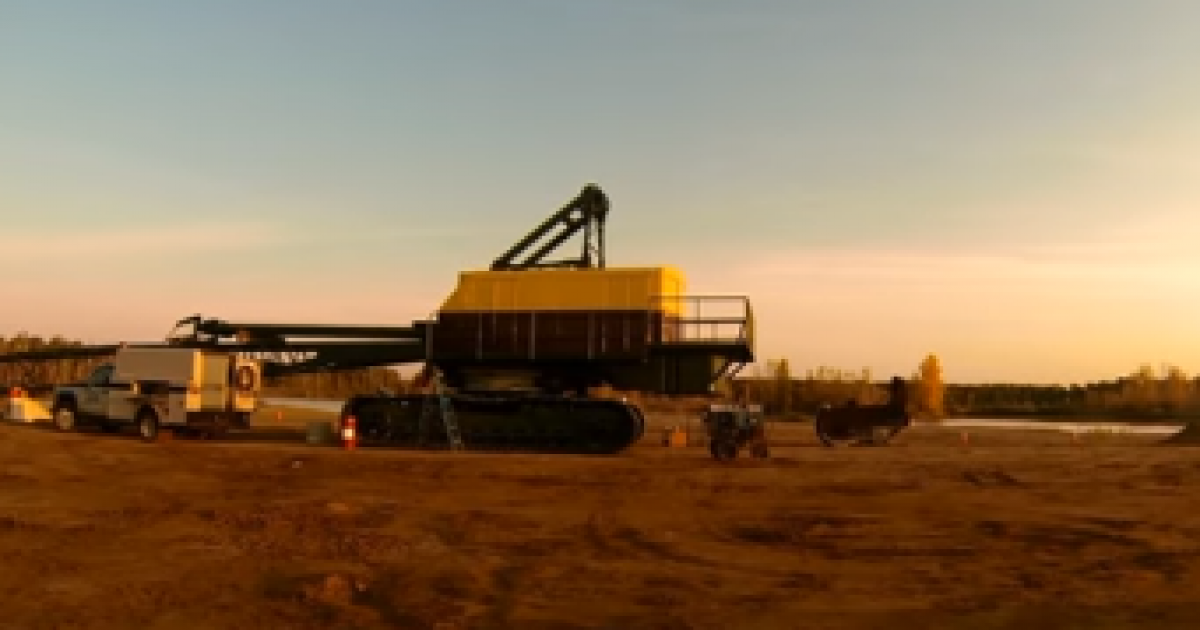
On August 11, 2020, Michigan-based employees of the Rieth-Riley Construction Company petitioned the National Labor Relations Board (NLRB) Region 7 in Detroit for a vote to remove International Union of Operating Engineers (IUOE) Local 324 bosses from their workplace. The petition comes after Region 7 officials held the employees’ first petition in abeyance based on flimsy allegations IUOE bosses made against Rieth-Riley. The National Right to Work Legal Defense Foundation provided free legal aid to the workers.
Employee Rayalan Kent filed the new petition with more than enough signatures required by law to initiate such a vote. Kent and his fellow workers hope that new safeguards from the NLRB in Washington, DC, which came into effect at the end of July, will provide improved protections from union legal schemes to undermine their right to kick out the union. Kent’s legal counsel also turned to the reforms in a Request for Review submitted earlier in April in defense of his first petition to decertify the union, which the Board refused to grant.
After Kent initially submitted his petition in March 2020, he was informed by NLRB Region 7 officials through an email that the election would be postponed “pending the investigation” of “blocking charges” pressed by IUOE bosses against the employer. However, the Region did not provide Kent information about the charges or why they rose to the required level to put an obstacle before the employees’ petition. Union bosses filed “blocking charges” against employers to halt decertification votes that employees requested, and generally feature non-germane claims of employer misconduct.
However, NLRB recently enacted several reforms, which includes a change in the rulemaking process that largely gutted “blocking charges” as ways to postpone a vote. The NLRB’s new rules recognize the unfairness that was characteristic of the prior system, and generally allow employees to immediately cast votes on whether a union should stay before the Board handles any charges filed during the election period. Previously, union officials could remain in power by impeding workers’ votes for months or even years on as unrelated allegations hurled at employers went through litigation.
When it published the final rule back in April, the NLRB cited comments the Foundation submitted to it earlier in 2020. Those comments made it clear that the NLRB’s old “blocking charge” rules only propped up union bosses while prohibiting employees from asserting their right to vote to kick out unions that they don’t want in their workplace. They also highlighted that the old rules are not mandated by the National Labor Relations Act (NLRA), the federal law that the NLRB is in charge of enforcing.
“Mr. Kent and his coworkers have now been fighting to free themselves from IUOE union boss stonewalling for far too long as the workers seek to exercise their right to vote out an unwanted union hierarchy,” declared National Right to Work Foundation President Mark Mix. “NLRB Region 7 officials should apply the new NLRB rules, and immediately schedule and hold a decertification vote for Mr. Kent and his fellow Rieth-Riley employees.”



